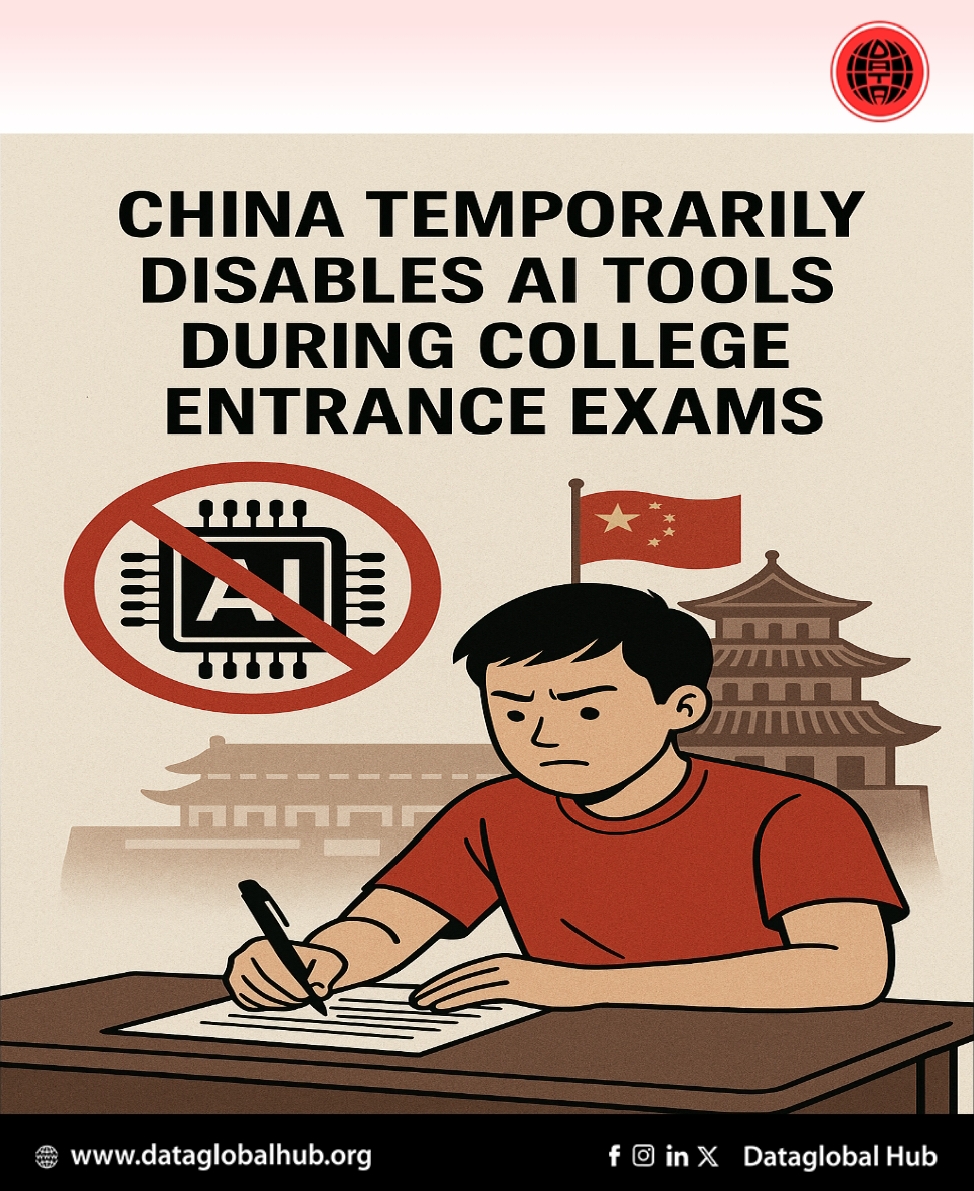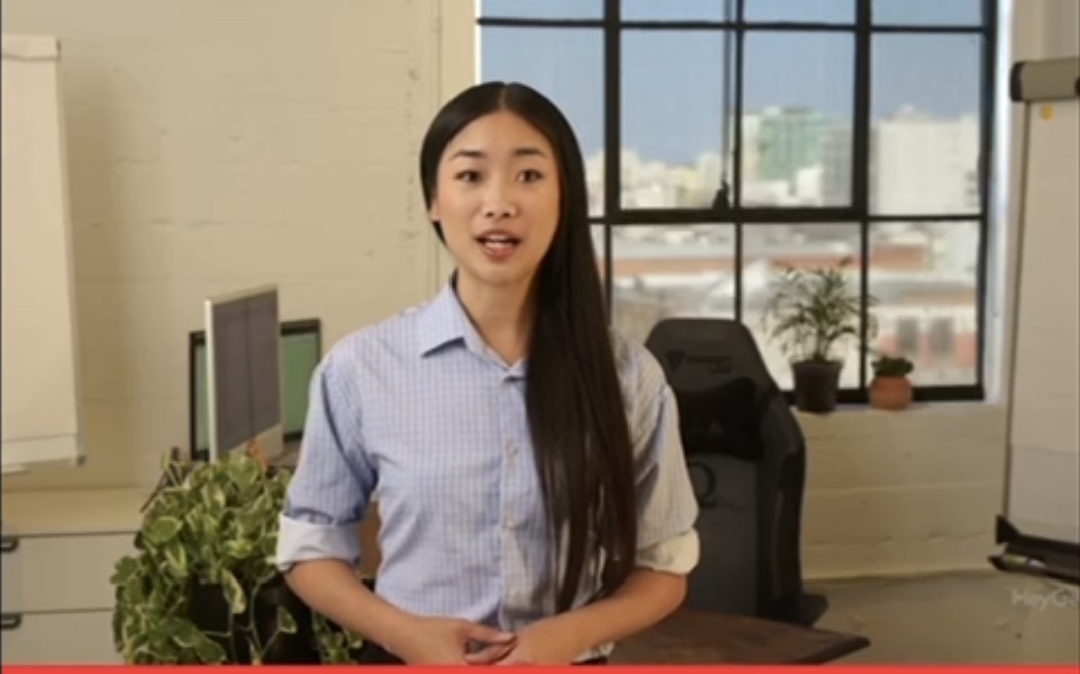
China Temporarily Disables AI Tools During College Entrance Exams to Curb Cheating
Translate this article
In a bold move to uphold academic integrity, China has temporarily restricted the use of several AI tools during its national college entrance examination, the gaokao. This exam, which determines access to higher education for millions of students, is among the most competitive in the world, with over 13 million students participating this year alone.
To prevent unfair advantages, leading AI platforms like Alibaba’s Qwen, ByteDance’s Doubao, Tencent’s Yuanbao, Moonshot’s Kimi, and DeepSeek AI have paused features such as image recognition and photo-based question answering. These tools, which normally allow users to upload images and receive instant answers, have been disabled for the duration of the exam.
Phones and laptops were already banned in examination halls, but the rise of AI-powered chatbots introduced new loopholes. This year, authorities and tech companies are working together to close those gaps. The effort is aimed at ensuring fairness in a test where a single score can shape a student's entire future.
While the companies themselves haven’t released formal announcements, students on platforms like Weibo have confirmed the limitations. According to sources including Bloomberg and The Guardian, the restrictions are seen as a temporary but necessary measure.
The core issue at stake is simple: even a small AI-assisted boost can tilt the scale in such a high-pressure environment. As educational systems around the world grapple with the role of AI in learning, China’s approach raises timely questions about access, equity, and the ethics of intelligent assistance in academic testing.
What do you think, where should we draw the line between help and harm when it comes to AI in education?
About the Author

Liang Wei
Liang Wei is our AI correspondent from China
Recent Articles
Subscribe to Newsletter
Enter your email address to register to our newsletter subscription!